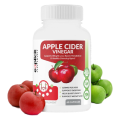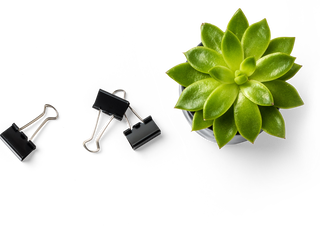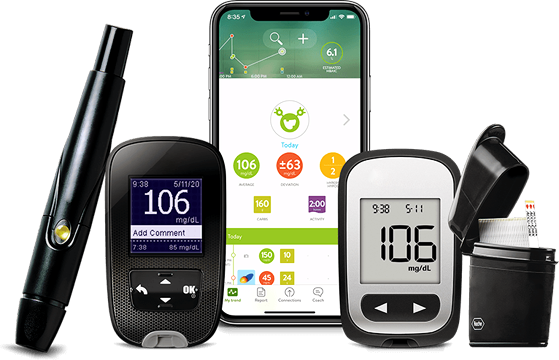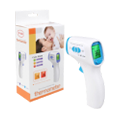Hypertension: Most Commonly Asked Questions
Your Guide from Easy Pharmacy Hub
High blood pressure, or hypertension, is one of the most common health conditions worldwide—and one of the most misunderstood. Often called the “silent killer,” it can go unnoticed for years while quietly damaging your heart, blood vessels, kidneys, and more.
At Easy Pharmacy Hub, we get lots of questions from concerned patients and caregivers about hypertension. In this post, we’re answering the most commonly asked questions to help you better understand, manage, and prevent high blood pressure.
🩺 1. What is Hypertension?
Hypertension is a condition where the force of blood against your artery walls is consistently too high. Blood pressure is measured using two numbers:
-
Systolic (top number): Pressure when the heart beats
-
Diastolic (bottom number): Pressure when the heart rests
A normal reading is below 120/80 mmHg. If your reading is consistently 130/80 mmHg or higher, you may have high blood pressure.
⚠️ 2. Why is Hypertension Dangerous?
Because it often has no obvious symptoms, many people don’t realize they have hypertension until serious complications occur. Uncontrolled high blood pressure can lead to:
-
Heart disease
-
Stroke
-
Kidney failure
-
Vision loss
-
Cognitive decline
This is why regular monitoring and early intervention are crucial.
🧬 3. What Causes High Blood Pressure?
There are two types of hypertension:
-
Primary (Essential) Hypertension: Develops over time with no single cause, often linked to age, genetics, and lifestyle.
-
Secondary Hypertension: Caused by an underlying condition like kidney disease, thyroid problems, or certain medications.
Common risk factors include:
-
High salt intake
-
Lack of exercise
-
Obesity
-
Smoking
-
Excessive alcohol use
-
Chronic stress
🩹 4. What Are the Symptoms of Hypertension?
Most people with hypertension experience no symptoms at all. When symptoms do occur, they may include:
-
Headaches
-
Blurred vision
-
Nosebleeds
-
Chest pain
-
Shortness of breath
But again, many people feel perfectly fine—which is why regular checkups are key.
💊 5. How is Hypertension Treated?
Treatment depends on your blood pressure levels and overall health. Common approaches include:
-
Lifestyle changes:
-
Reduce salt intake
-
Eat a balanced, heart-healthy diet (like the DASH diet)
-
Exercise regularly
-
Quit smoking and limit alcohol
-
Manage stress
-
-
Medications:
-
Diuretics
-
ACE inhibitors
-
Beta-blockers
-
Calcium channel blockers
-
At Easy Pharmacy Hub, we can help you stay on top of your blood pressure medications, answer your questions, and provide refill reminders.
🧪 6. How Often Should I Check My Blood Pressure?
If you have normal blood pressure, checking it once a year at your doctor’s office may be enough.
If you’ve been diagnosed with hypertension or prehypertension, you may need to check it daily or weekly using a home blood pressure monitor.
Our pharmacists can guide you in choosing a reliable monitor and teach you how to use it properly.
🥗 7. Can I Control Hypertension Without Medication?
In some cases, especially in early or mild hypertension, lifestyle changes alone can significantly lower your blood pressure.
However, many people still need medications to keep their levels in a safe range. Stopping medication without your doctor’s advice can be dangerous, even if you feel fine.
📦 8. How Can Easy Pharmacy Hub Help Me Manage Hypertension?
At Easy Pharmacy Hub, we offer:
-
Affordable blood pressure medications
-
Refill reminders and delivery services
-
Home monitoring devices
-
Heart-healthy supplements
-
Pharmacist consultations to help you understand your treatment
Managing a chronic condition like hypertension can be challenging—but you don’t have to do it alone.
🧘♂️ 9. Can Stress Affect Blood Pressure?
Yes! Chronic stress can contribute to high blood pressure and unhealthy habits like poor diet, smoking, or alcohol use. Managing stress through exercise, meditation, hobbies, or counseling can improve your overall heart health.
🧓 10. Is Hypertension Only a Concern for Older People?
While it’s more common in people over 40, hypertension is increasingly affecting younger adults due to rising obesity rates, poor diets, and sedentary lifestyles. Even teenagers and children can develop high blood pressure.
📝 Final Thoughts
Hypertension is common—but it’s also treatable and manageable. With the right knowledge, habits, and support, you can take control of your heart health.
At Easy Pharmacy Hub, we’re here to guide you every step of the way—whether you’re starting a new medication, tracking your blood pressure at home, or making lifestyle changes.
📞 Need Help Managing Your Blood Pressure?
Visit your nearest Easy Pharmacy Hub or talk to our expert pharmacists for personalized support, medication guidance, and health monitoring tools.







